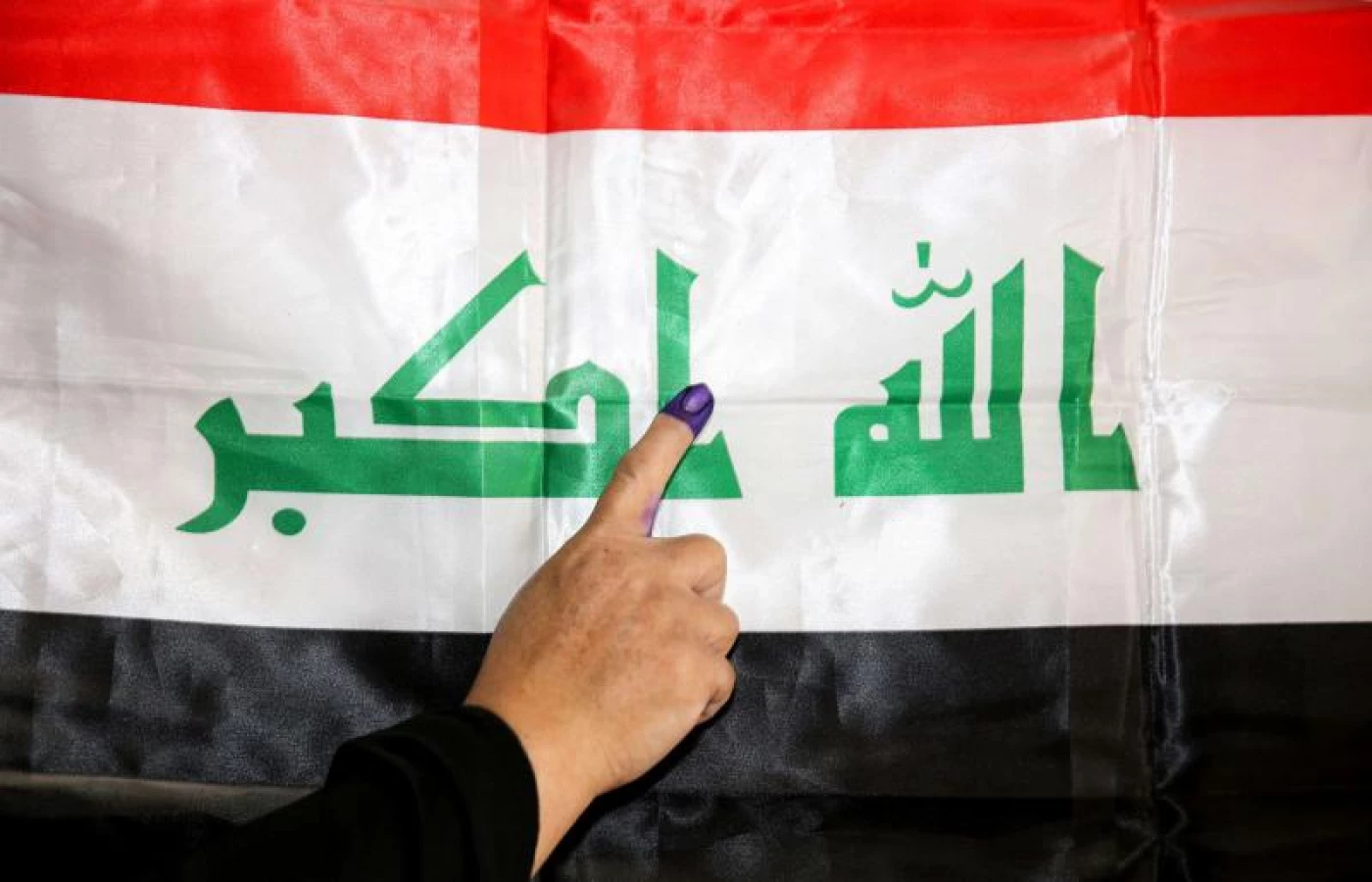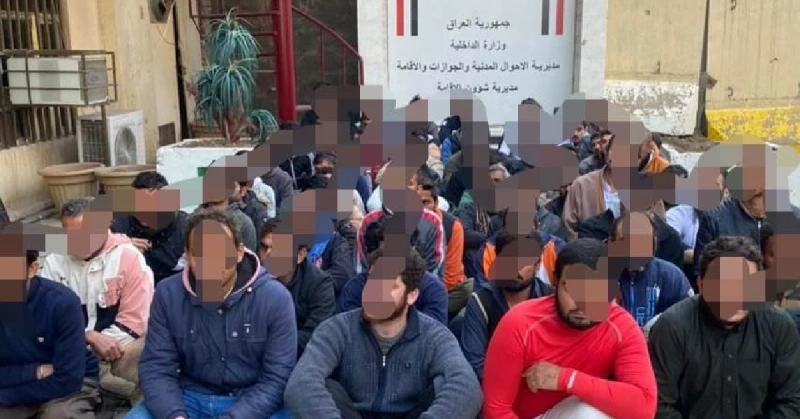ERBIL, Kurdistan Region of Iraq - Iraq’s Supreme Judicial Council said it will not allow individuals affiliated with the former Baath Party to run for parliament in the 2025 elections.
The council said “the group discussed preparations for the upcoming parliamentary elections and agreed to fully enforce the Accountability and Justice Law. They stressed the need to block anyone linked to the now-defunct Baath Party from entering parliament.”
The council said in a statement that the decision was made during a meeting attended by Chief Justice Faiq Zaidan, along with deputy heads of the Federal Court of Cassation.
Also present were Judge Kazem Abbas, who leads the judicial body that reviews decisions by the Accountability and Justice Commission, and Judge Hassan Fouad, who oversees appeals against decisions made by the Electoral Commission.
The head of the National Commission for Accountability and Justice, Bassem al-Badri, and several commission members also attended the meeting.
The statement added that all measures should be transparent and must not be used for purposes outside the scope of the law.
Iraq is set to hold parliamentary elections on November 11, with more than 29 million voters eligible to cast their ballots in the upcoming polls.
The Baath Party ruled Iraq from 1968 until 2003, when the party’s leader, Saddam Hussein, was toppled and the regime collapsed in a US-led operation.
The Baath Party is banned under Article 7 of the constitution, which prohibits glorifying or promoting symbols of the regime.
Iraq’s Islamic Dawa Party, led by former Prime Minister Nouri al-Maliki, warned earlier this year that there had been efforts to get the Baath Party back into the political scene and to include their representatives in the November elections.
Over recent months, security forces, including the Popular Mobilization Forces (PMF), have periodically reported arrests of Baath promoters.
Iraq’s National Security Service (INSS) said last week it foiled plans by members of the outlawed Baath Party to carry out sabotage operations in three provinces and arrested 40 suspects linked to the efforts.
Observers argue that election-time focus on the Baath Party remains as much about Iraq’s current political divides as it is about any real threat from the former regime.



 Facebook
Facebook
 LinkedIn
LinkedIn
 Telegram
Telegram
 X
X


